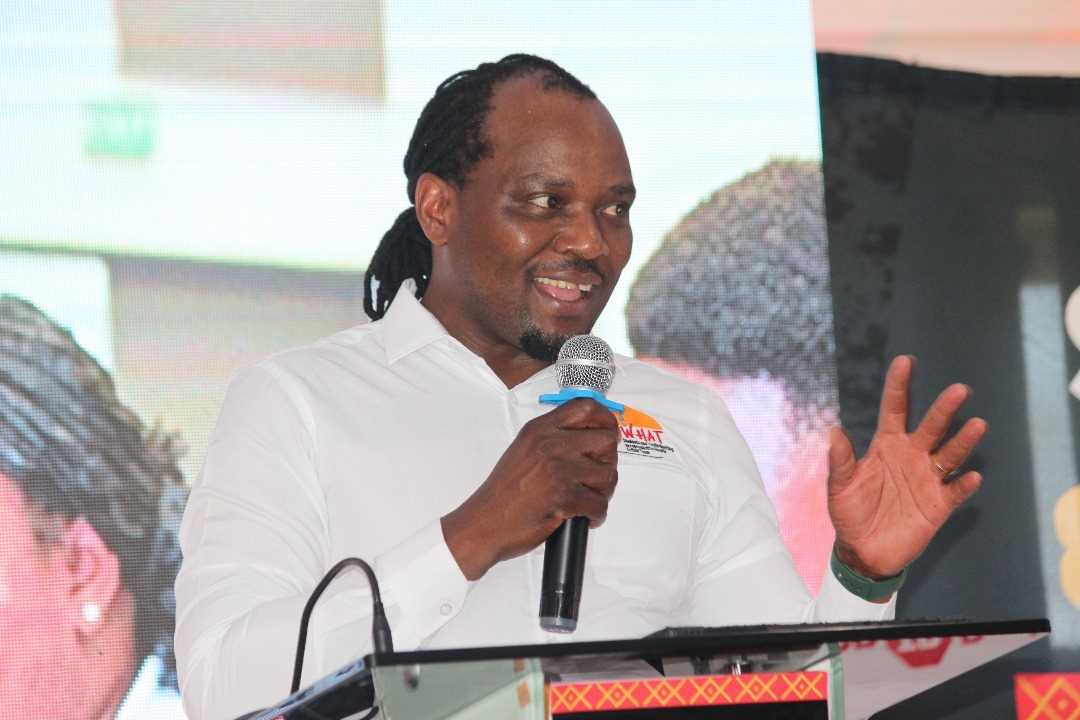
Patricia Mashiri
Zim Now Writer
Students and Youth Working on Reproductive Health Action Team hosted its 3rd Research Indaba, aimed at equipping young researchers with the skills to address challenges in sexual reproductive health and rights, climate change, and public health.
The event, held alongside the 14th National Students Conference, brought together students from Zimbabwe and regional counterparts from Zambia, Mozambique, and Malawi. The participants showcased their research and engaged in discussions around innovative solutions to pressing issues affecting young people.
Speaking at the Indaba, a representative from the Ministry of Higher and Tertiary Education, Innovation, Science, and Development praised SAYWHAT's efforts to integrate research into the broader SRHR discourse.
“I am delighted by SAYWHAT’s efforts to mainstream research in SRHR. The theme for this Indaba, STARs in Research: Innovation in Sexual Health and Rights, underscores the innovative potential of young researchers. It aligns with our Education 5.0 framework, which emphasizes research, teaching, community service, innovation, and industrialization,” he said.
Related Stories
He highlighted the importance of youth-led research in providing valuable data and ensuring solutions are relevant to the needs of young people, adding, “We are harnessing youth human resources to tackle pressing issues collaboratively.”
Michael Wiking, a representative from the Swedish Embassy, echoed these sentiments, emphasizing the role of research in bridging knowledge gaps in SRHR.
“Research is a powerful instrument for understanding the complexities of SRHR challenges facing young people. It helps build evidence-based interventions and formulate contextually appropriate policies,” he said. “Knowledge gaps on SRHR issues and their intersection with youth remain significant and can hinder effective interventions.”
Jimmy Wilford, Executive Director of SAYWHAT, stressed the importance of capacitating young researchers to generate data-driven solutions.
“The data young people collect, analyze, and share is invaluable. It ensures interventions are effective and beneficial. Research also contributes to the social and emotional development of young people, and we are proud to see many working closely with mentors,” he said.
The discussions also underscored the need for a multi-sectoral approach to address interlinked issues of SRHR, climate change, and public health. SAYWHAT’s efforts continue to empower young researchers, enabling them to create impactful, evidence-based solutions for their communities.










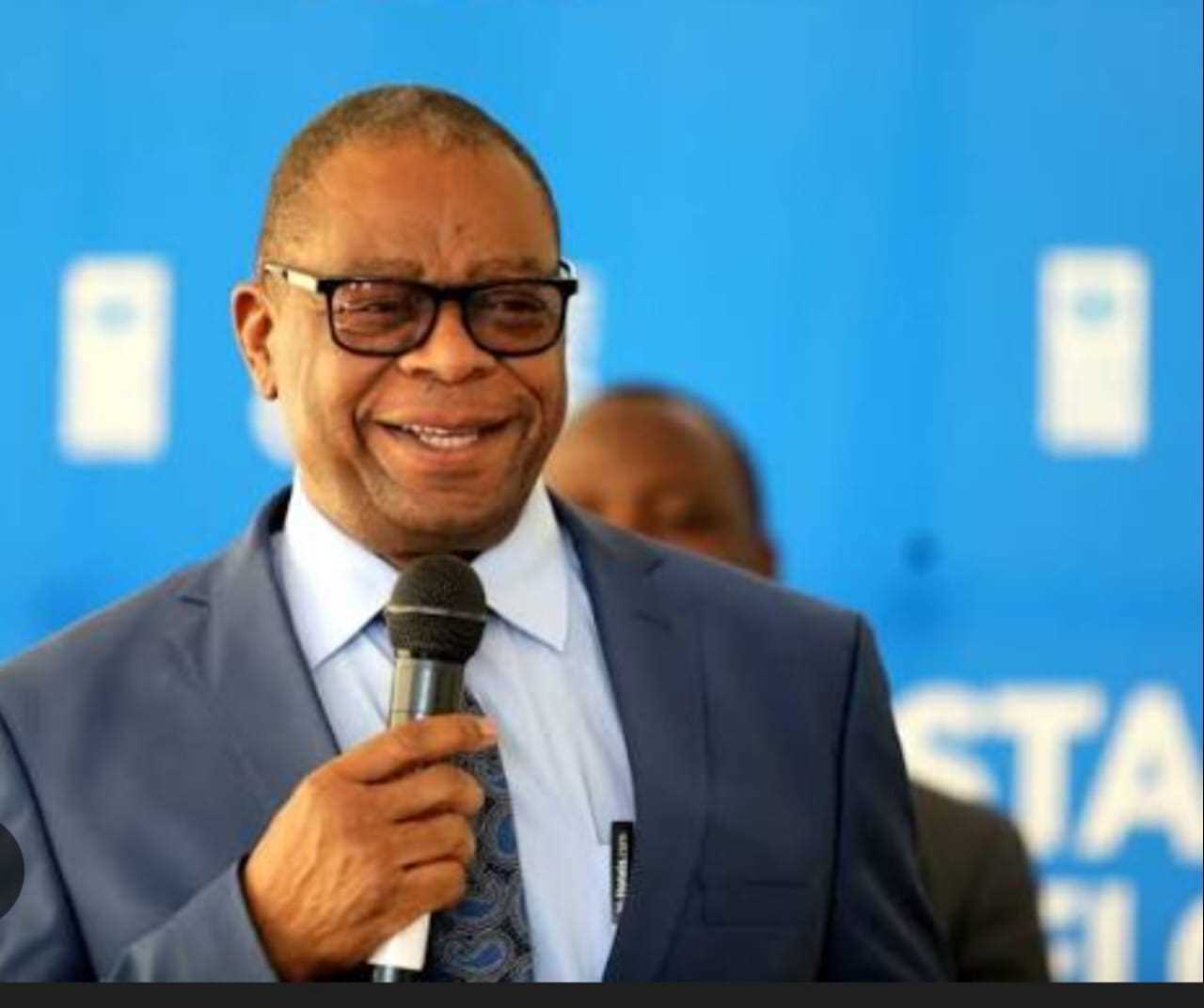
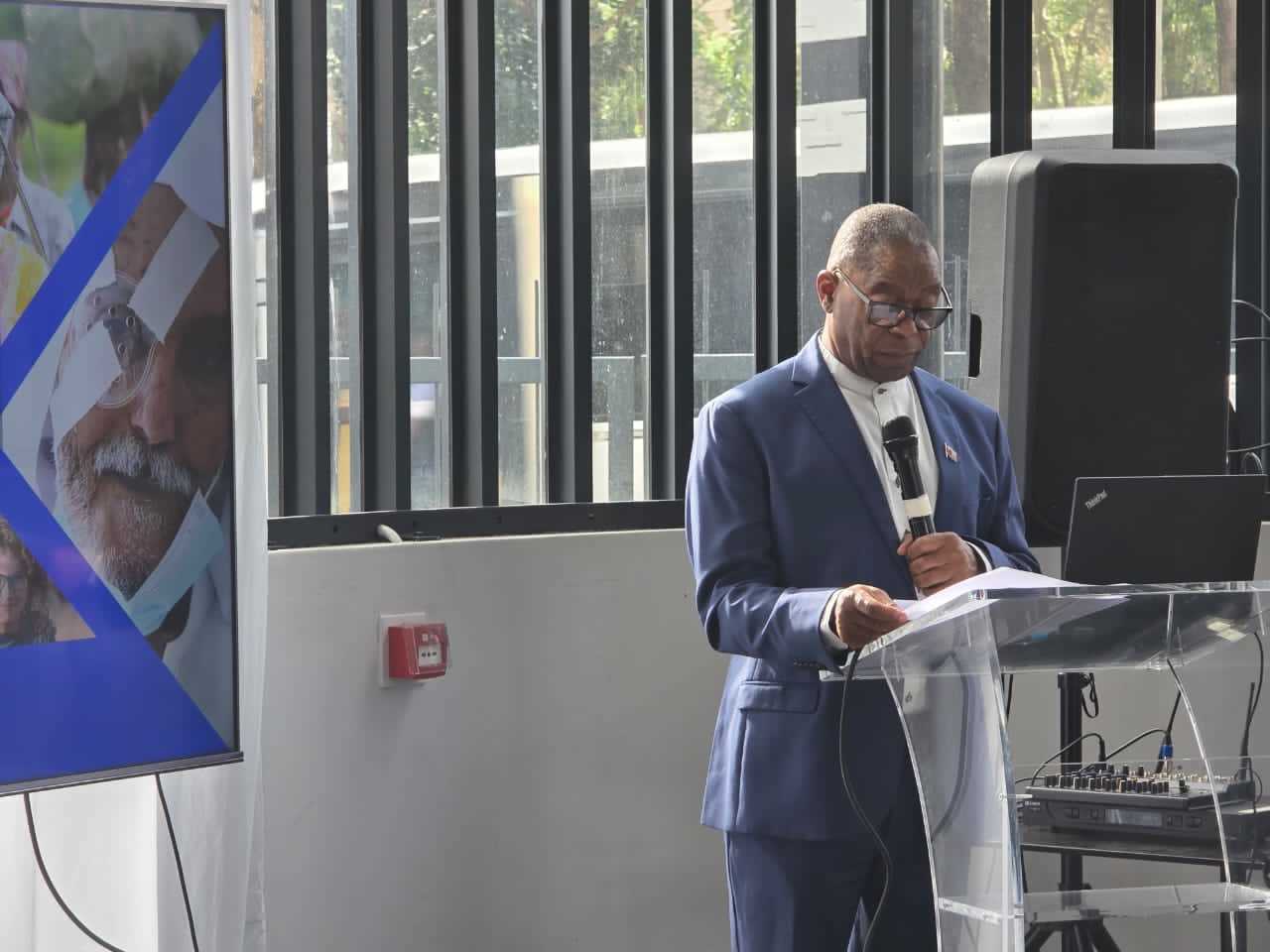
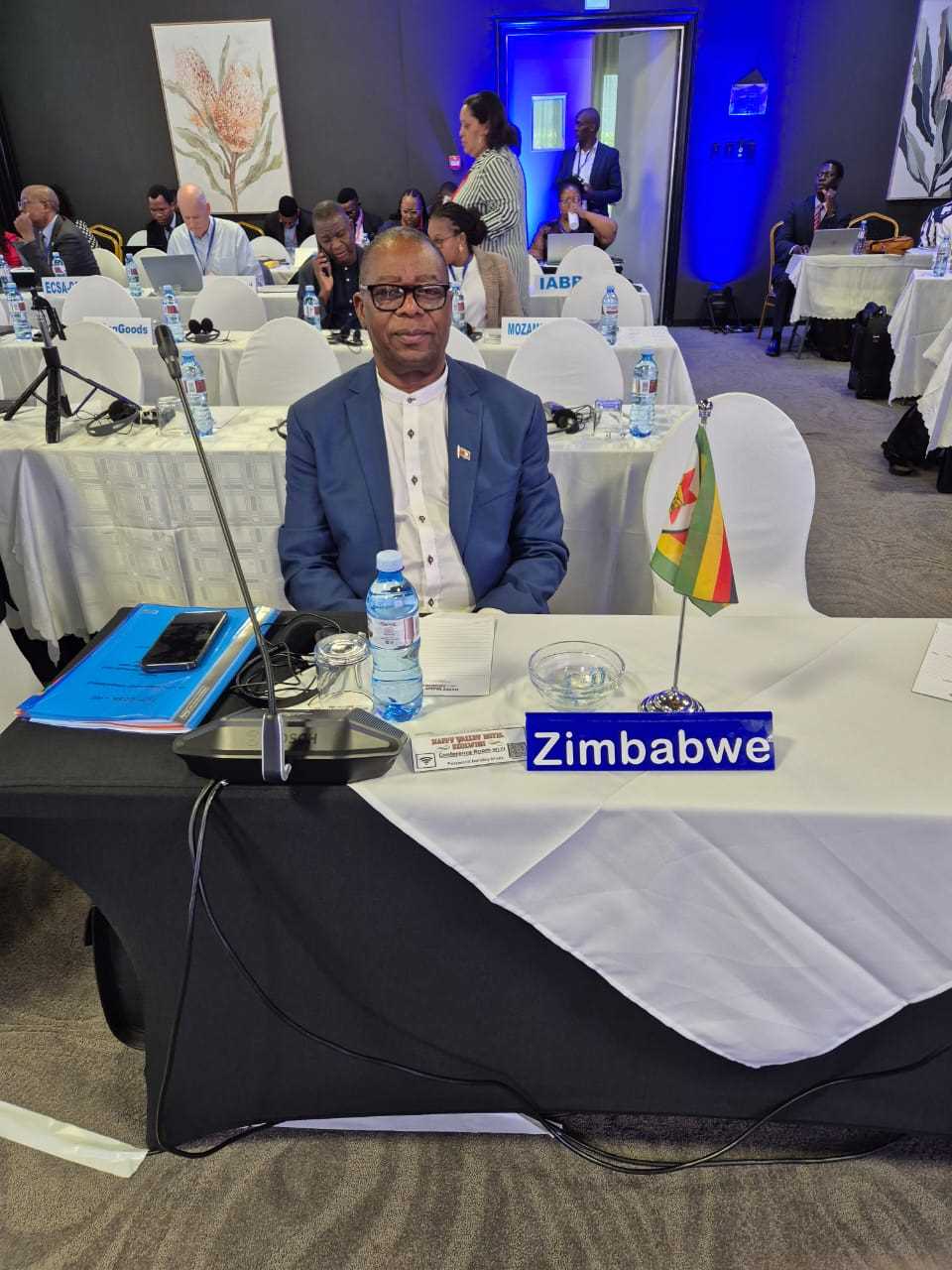

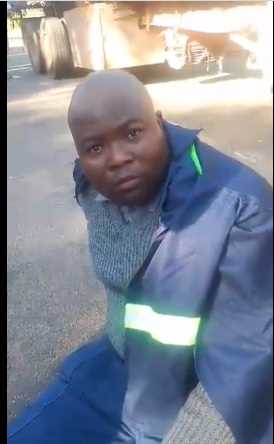

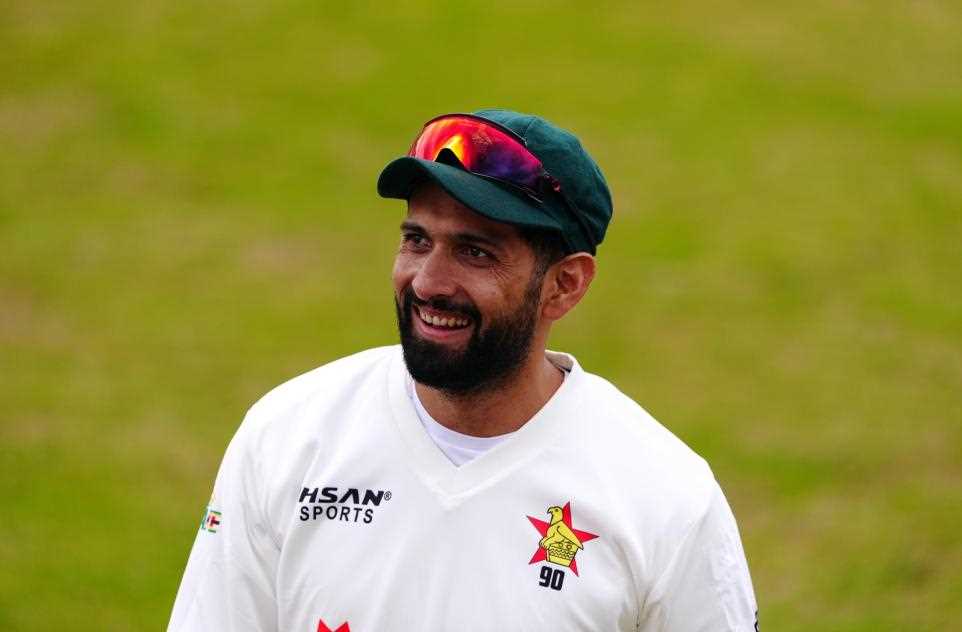



Leave Comments